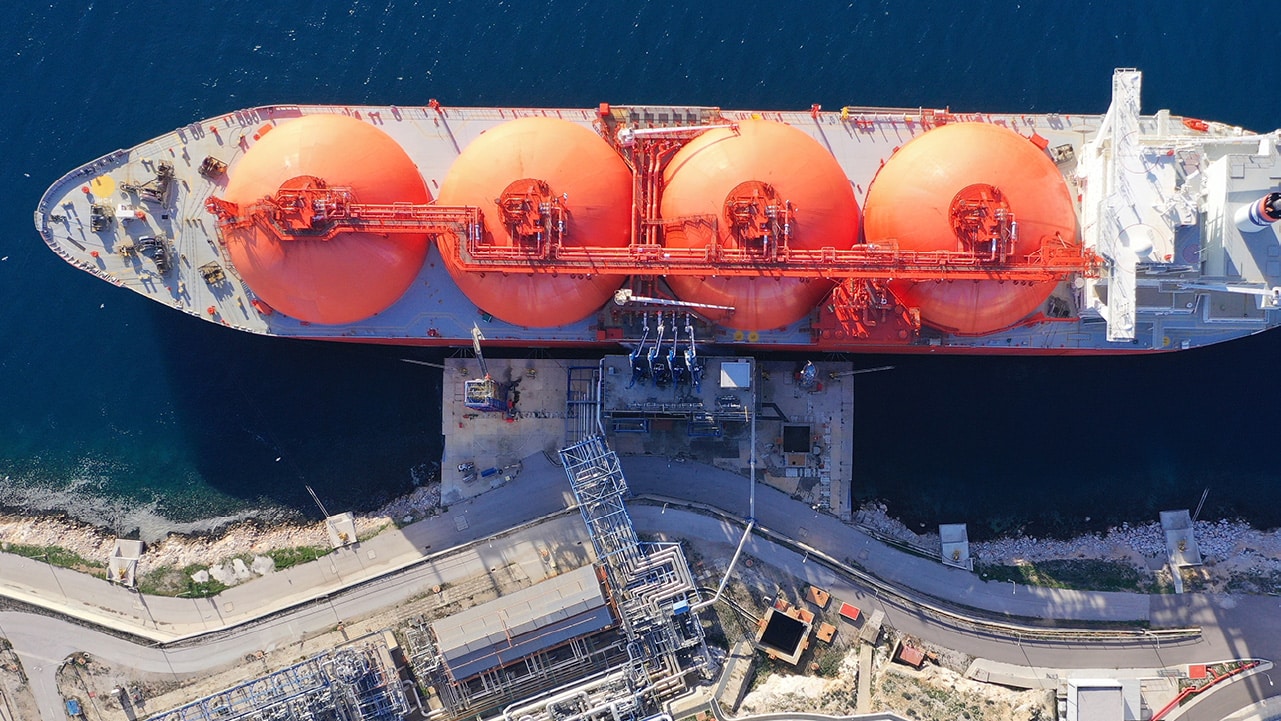IMO MARPOL Annex I Oil Tank Integrity Testing
The International Maritime Organization's (IMO) MARPOL Annex I regulates oil pollution prevention in the shipping industry. The stringent requirements under this annex are aimed at minimizing the risk of accidental discharge and ensuring that ships maintain high standards of environmental protection. One critical aspect of compliance is the testing of oil tanks to ensure their integrity.
The IMO MARPOL Annex I Oil Tank Integrity Testing service provided by Eurolab ensures that ship owners, operators, and shipyards meet these stringent requirements. This comprehensive testing ensures that all aspects of a vessel's oil tank system are assessed for potential leaks or defects. Our team of experts uses cutting-edge technology to perform rigorous tests that simulate real-world conditions under which the oil tanks might operate.
Our testing process begins with a thorough inspection and assessment of the oil tank, including its design, construction materials, and any previous modifications. This initial evaluation helps us understand the specific challenges associated with the particular vessel or system being tested. Following this, we proceed to conduct a series of tests that are designed to mimic the operational stresses experienced by an oil tank during normal use.
One of the key aspects of our testing is the pressure testing of the oil tanks under various conditions. This includes hydraulic and pneumatic testing to ensure that the tank can withstand the pressures it might encounter without leaking or failing. We also conduct leak detection tests using specialized equipment capable of detecting even the smallest leaks, which are often invisible to the naked eye.
In addition to pressure testing, we perform hydrostatic testing to ensure that the oil tanks can maintain their integrity under extreme conditions. This involves filling the tank with water and subjecting it to a high-pressure test to simulate the stresses caused by overfilling or other operational issues. We also use dye penetrant inspection techniques to identify surface cracks or defects in the tank.
The testing process is not limited to just physical integrity checks but extends to verifying the effectiveness of any protective coatings applied to the oil tanks. This ensures that these coatings are adequate and can prevent corrosion, which could lead to leaks over time. Our team also inspects the valves, seals, and other components associated with the oil tank system to ensure they meet the stringent requirements set by IMO MARPOL Annex I.
Once all tests have been completed, our experts analyze the data collected during the testing process to determine whether the oil tank meets the required standards. If any issues are identified, we provide detailed reports and recommendations for corrective actions that can be implemented to bring the system into compliance.
The results of our testing are critical not only for ensuring compliance with international regulations but also for maintaining the safety and efficiency of shipping operations. By identifying potential problems early on, we help prevent costly repairs or replacements later in the vessel's lifecycle. Furthermore, this proactive approach can significantly reduce the risk of accidental oil spills into the marine environment, thereby protecting both the shipowner's reputation and the broader ecosystem.
Our services are designed to meet the highest standards of accuracy and reliability, ensuring that ship owners and operators have peace of mind regarding their compliance with IMO MARPOL Annex I. With our expertise in this field, we can provide a comprehensive suite of testing services tailored specifically to the needs of marine and shipping industries.
Benefits
- Avoids Penalties: Ensures compliance with international regulations, thereby avoiding potential fines or penalties for non-compliance.
- Enhanced Safety: Identifies and rectifies potential issues before they lead to accidents or environmental damage.
- Increased Efficiency: Minimizes downtime by ensuring that all systems are functioning correctly, thus maintaining optimal operational performance.
- Improved Reputation: Demonstrates commitment to environmental protection and safety standards, enhancing the reputation of ship owners and operators.





